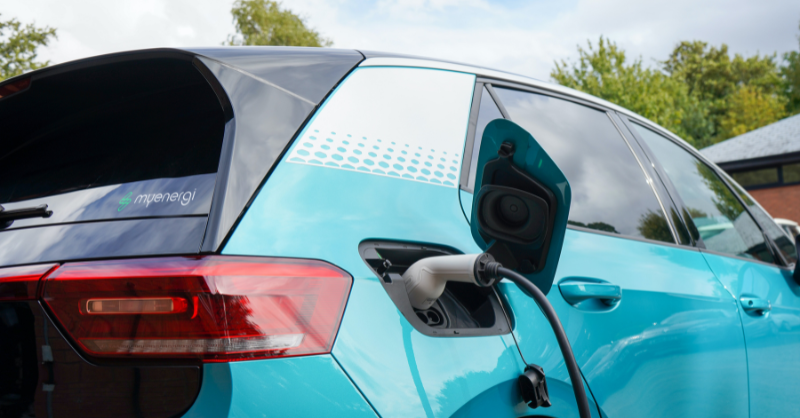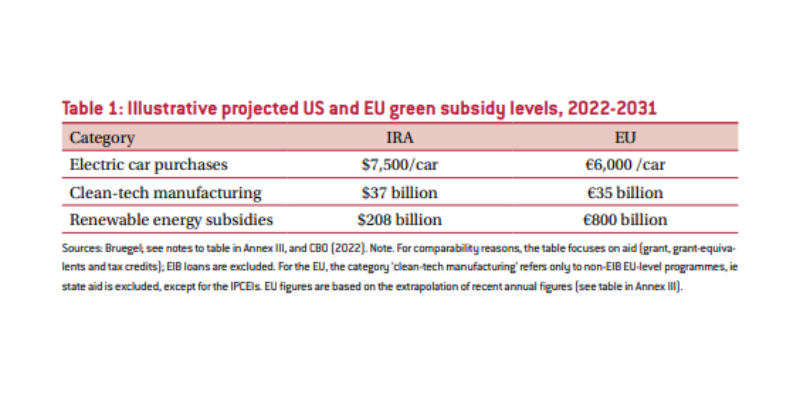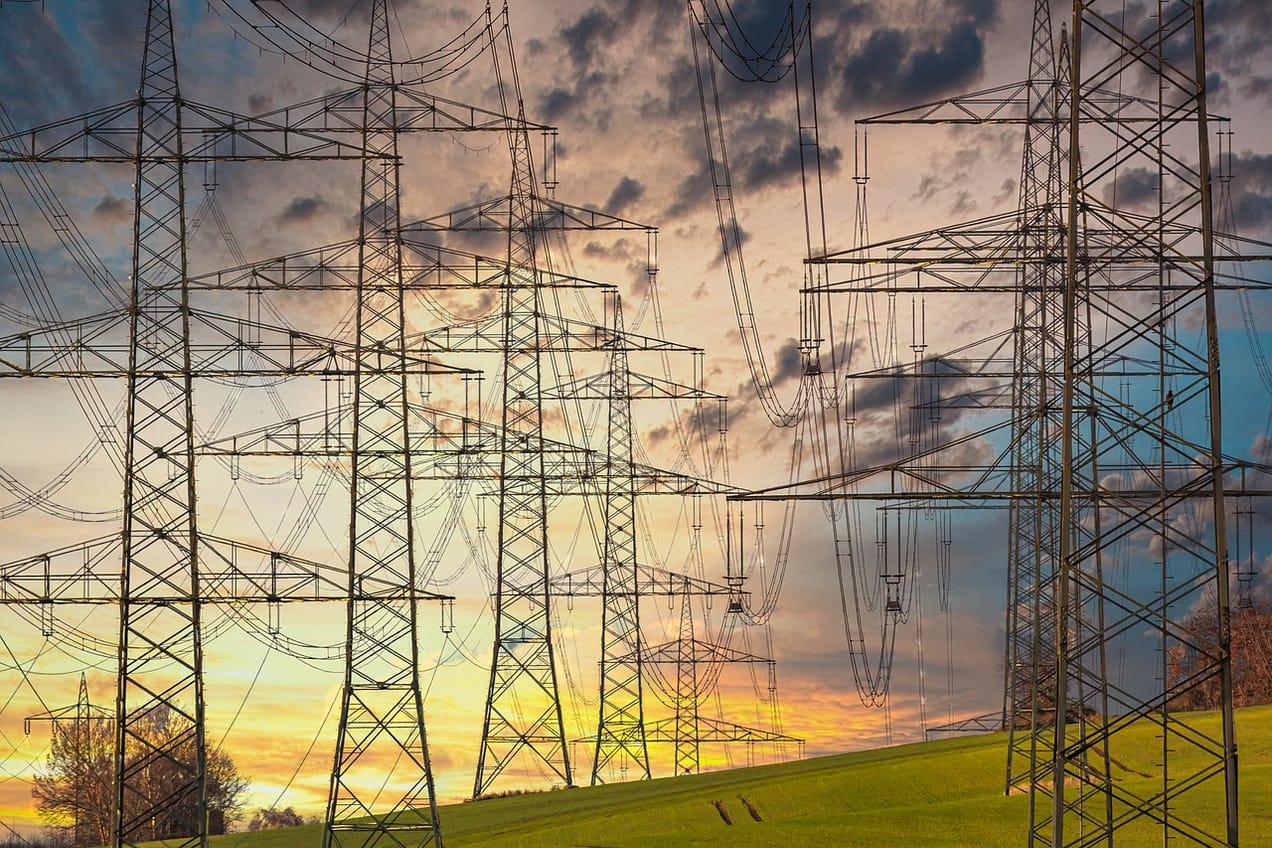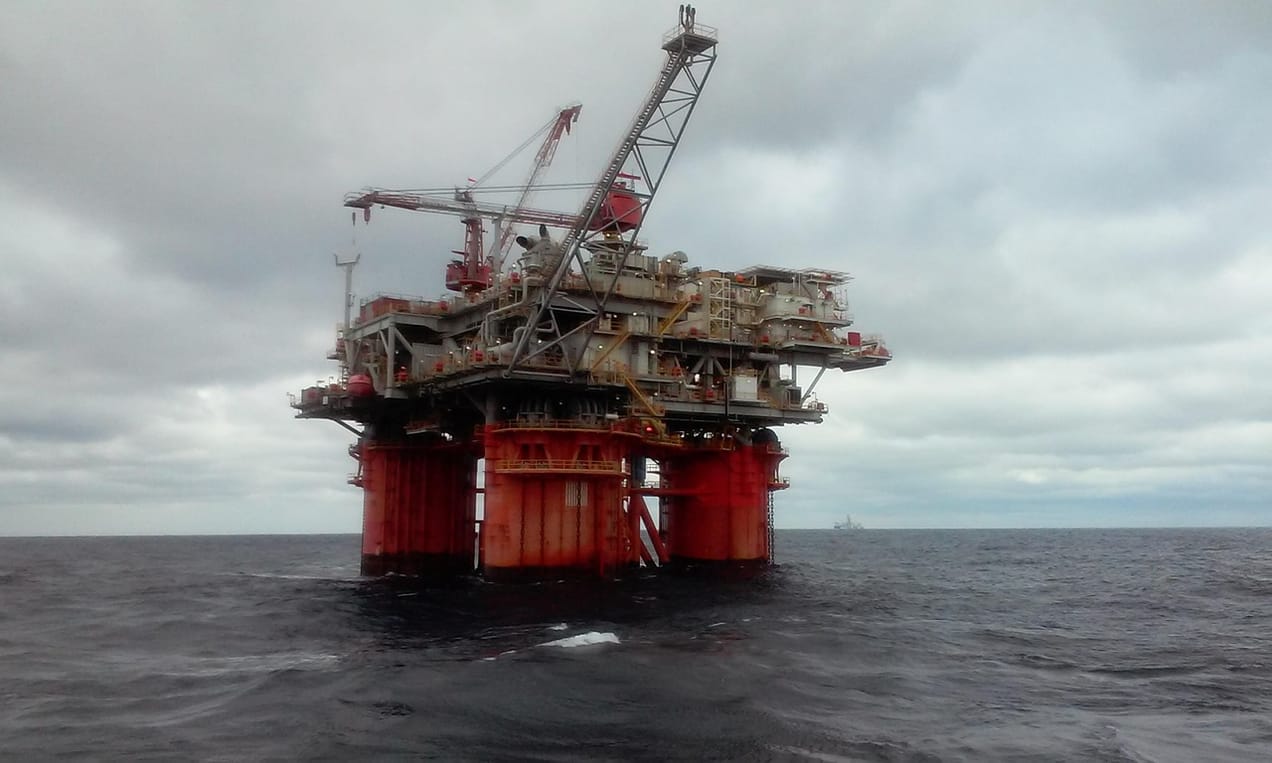
State aid - is Europe trying to solve the wrong problem?
The European Union has announced the relaxation of state financial aid and other rules for green technologies, in an apparent reply to the US IRA subsidies. But what if the issue isn’t financial aid, what if it's something else.
Summary: The European Union has announced the relaxation of state financial aid and other rules for green technologies, in an apparent reply to the US IRA subsidies. But what if the issue isn’t financial aid? What if it's something else?
Why this is important: The amount of finance available is only piece of the puzzle. Having the other resources and a clear process for execution are also key.
The big theme: Europe wants to decarbonise its economy. This includes sectors as diverse as transport, our buildings, our food, and of course our industry. Working out how to do this is a big challenge. There are good reasons why many of these sectors currently use fossil fuels, so decarbonisation is going to need a lot of government assistance. But how best to provide it?

The details
Summary of a article from Euractiv
In a well leaked move, the European Commission on Thursday (9 March) relaxed state aid rules for green technology that helps reduce carbon emissions, in its bid to counter the threat to European industry from US and Chinese subsidies. The EU’s new Temporary Crisis Framework for state aid allows national governments to subsidise “the manufacturing of strategic equipment” such as solar panels, batteries, heat pumps, and electrolysers as well as the production of key components and related critical raw materials.
Why this is important
If you have been reading any newspapers and broker/consultant research over the last few months, you cannot have missed references to the United States Inflation Reduction Act (IRA). From the coverage it's clear that the Act is a really big deal, and one that seems to have the European Union (EU) and to an extent China, in a bit of a tail spin. After much (leaked) discussion, the European Union announced that they are going to relax state aid rules for green technology that helps reduce carbon emissions.
But what if Europe is trying to solve the wrong problem? First, what is the background? The new state aid relaxation rules will apply until the end of 2025 and, in “exceptional cases”, allow members to match subsidies provided in other countries “where there is a real risk of investments being diverted away from Europe”. We all know that the phrase “exceptional cases” covers most things political, so jobs and votes.
The measures are however not universally welcomed, with some governments concerned that it will create a trade/subsidy war that will only benefit the countries with the deepest pockets. And, there are suspicions that while all of the list of “green” investments above are important, two sectors might be “more” important - and they are electric vehicles and chemicals (or maybe VW and BASF?). It is noted that Germany represented over half of all state aid notified to Brussels since March 2022 when the rules were first relaxed. And that Germany & France together made up ¾ of all aid.
But is the level of financial support really the problem? A recent report from the Bruegel Institute did a comparison of how the expected IRA green subsidies compare with those available in the European Union (so ex the UK etc). This suggests its not the level of financial aid that is the issue.

So, why the apparent panic in Europe, and the relaxation of state aid rules that they spent decades building up? A key phrase in the Bruegel report is worth thinking about “the IRA clean-tech subsidies are simpler and less fragmented, and they focus mainly on mass deployment of green technologies rather than innovation”. The report identifies two big differences between the “offering”, which really resonate with me (and I spent many years investing in both the tech and electricity sectors). They have nothing to do with money.
First, the IRA largely provides its clean-tech manufacturing support in a particularly simple way – via tax credits covering 10 years – while comparable EU support is more fragmented, generally viewed as slower and more bureaucratic, and sometimes shorter-term. And second, in the clean-tech area, the IRA focuses mostly on the mass deployment of current generation technologies, whereas EU level support tends to be more focused on innovation and early-stage deployment of new technologies.
And of course we also have the energy price issue. As the Bruegel report highlights, “even before the COVID-19 pandemic and Russia’s invasion of Ukraine, industrial electricity prices were lower in the US than in the EU (in 2019, by about 30 percent). The war has led to a surge in European industrial electricity prices, which are now about twice as high as in the US.” . Yes, we know that Europe is looking at reforming how its electricity prices are set, and many of the measures proposed look useful (the subject of another blog). But, if history is a guide, progress could end up being too slow.
This concern about energy prices resonates with comments made by the BASF CEO at its recent financial results presentation (where everything said is carefully scripted). “Europe’s competitiveness is increasingly suffering from over regulation, slow and bureaucratic permitting processes, and in particular, high costs for most production input factors.”
What could be the longer term solution? More cheap renewable electricity combined with the electrification of our economy could lead to a lower cost and hence more competitive economic system, in the longer term. This would be based around electric vehicles, the electrification of heat, and green hydrogen/methanol feeding into industries such as steel, fertiliser and plastics. This would be supported by meaningful carbon border adjustment mechanisms (CBAM) - basically carbon taxes for imports that depended on the GHG emissions of the goods production methods.

Something a little more bespoke?
Get in touch if there is a particular topic you would like us to write on. Just for you.
Contact us
Please read: important legal stuff.


